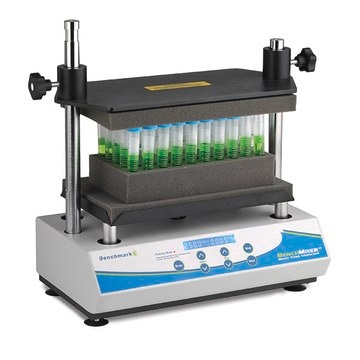106437
Sodium 1-dodecanesulfonate
ReagentPlus®, ≥99%
Synonym(s):
1-Dodecanesulfonic acid sodium salt
About This Item
Recommended Products
Quality Level
product line
ReagentPlus®
Assay
≥99%
mp
>300 °C (lit.)
solubility
H2O: 25 mg/mL
functional group
sulfonic acid
SMILES string
[Na+]
InChI
1S/C12H26O3S.Na/c1-2-3-4-5-6-7-8-9-10-11-12-16(13,14)15;/h2-12H2,1H3,(H,13,14,15);/q;+1/p-1
InChI key
DAJSVUQLFFJUSX-UHFFFAOYSA-M
Looking for similar products? Visit Product Comparison Guide
General description
Application
Legal Information
Storage Class Code
11 - Combustible Solids
WGK
WGK 2
Flash Point(F)
Not applicable
Flash Point(C)
Not applicable
Personal Protective Equipment
Choose from one of the most recent versions:
Certificates of Analysis (COA)
Don't see the Right Version?
If you require a particular version, you can look up a specific certificate by the Lot or Batch number.
Already Own This Product?
Find documentation for the products that you have recently purchased in the Document Library.
Customers Also Viewed
Our team of scientists has experience in all areas of research including Life Science, Material Science, Chemical Synthesis, Chromatography, Analytical and many others.
Contact Technical Service






![[2-(Methacryloyloxy)ethyl]dimethyl-(3-sulfopropyl)ammonium hydroxide 95%](/deepweb/assets/sigmaaldrich/product/structures/217/219/73c91e1c-0ee4-4b3d-bead-a6dc3d09d1da/640/73c91e1c-0ee4-4b3d-bead-a6dc3d09d1da.png)
